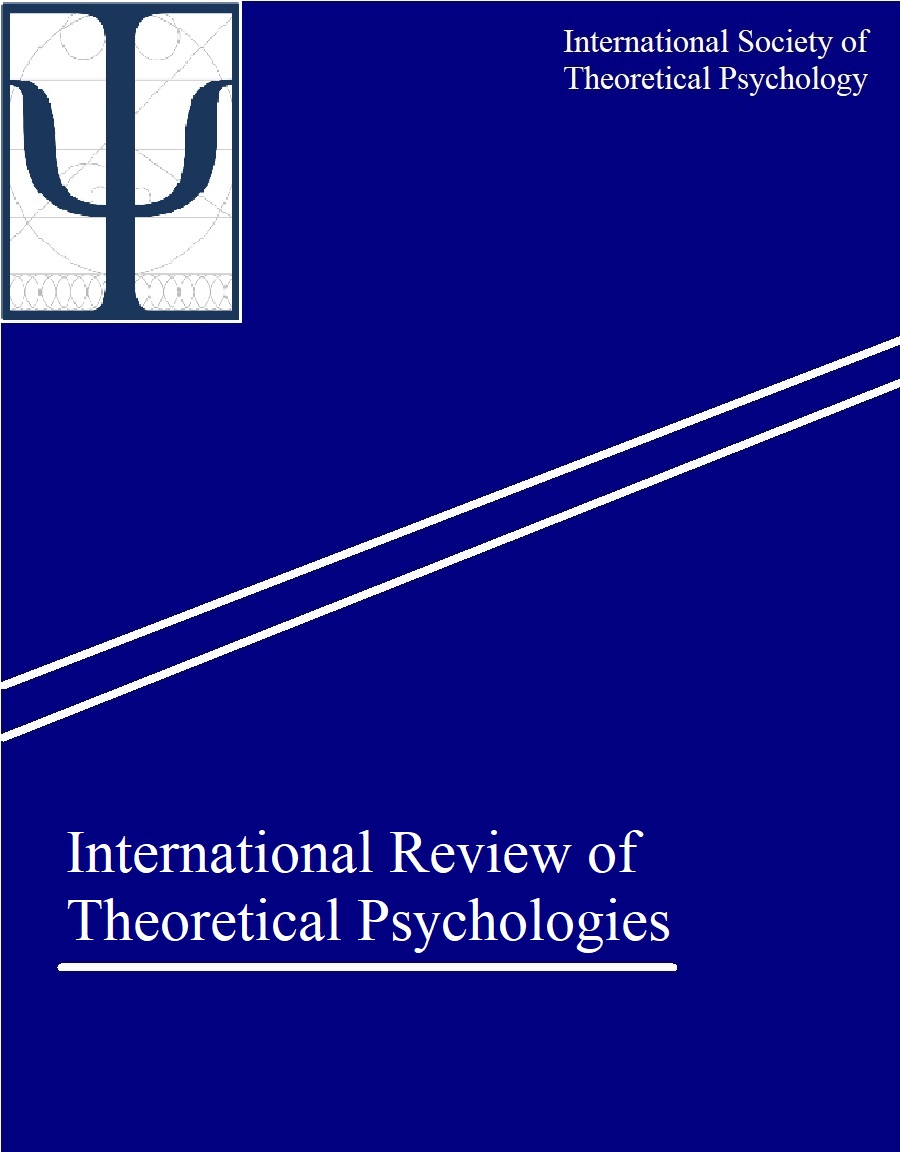John Dewey’s Critical Anticipations of Personality Psychology
DOI:
https://doi.org/10.7146/irtp.v1i1.127085Keywords:
person-situation debate, person-environment mutualism, organicism, contextualizationAbstract
A brief introduction to the developmental history of personality psychology is given. Two trends, the clinical, holistic approach and the experimental, elemental approach, lay the foundation for issues that would confront the field into the present. While the accepted mandate has been the study of the whole person, the experimental paradigm has been hegemonic. Emphasis has been placed on knowledge of individual differences across variety of abstract constructs. The person and the situation, two central concepts, have been decreed independent, alternative, competing factors in accounting for individual conduct. John Dewey’s psychology, based on organicism and personenvironment mutualism, is presented as challenging basic assumptions and theories of personality psychology. For Dewey, personality is a product of individuals being incorporated into the socioocultural milieu that is their life context, and from which they cannot be disengaged. Kritische Psychologie is discussed as sympathetic to some of Dewey’s propositions.
Downloads
Published
How to Cite
Issue
Section
License
Copyright (c) 2021 Brad Piekkola

This work is licensed under a Creative Commons Attribution-NonCommercial-ShareAlike 4.0 International License.
IRTP operates based on a non-exclusive publishing agreement, according to which the journal retains the right of first publication, but authors are free to subsequently publish their work. The copyright of all work rests with the author(s).
All content published in IRTP is licensed under a Creative Commons Attribution-NonCommercial-ShareAlike 4.0 International license (CC BY-NC-SA 4.0). This license allows authors and readers to share and adapt content for non-commercial purposes, provided that they abide by the following terms:
- Give credit to the original author(s)/creator(s) and attribution parties (i.e., IRTP);
- Provide a link to the original source, to the extent practicable;
- Include the copyright notice and/or indicate the corresponding Creative Commons license;
- Indicate what, if any, adaptations were made to the original; and
- Share adapted content under the same license as the original.
Authors are encouraged to familiarize themselves with the various Creative Commons licenses. Readers are advised to consult the licensing information embedded in each published work to ensure that they are familiar with the terms of use that apply.





